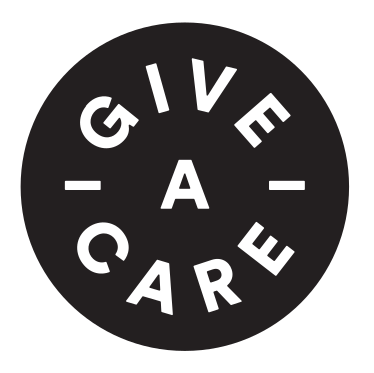CARE PRIORITIES
Being diagnosed with breast cancer is tough at any age, but being diagnosed when you’re young makes it even harder. Young women with breast cancer have unique care needs such as challenges with fertility, relationships, body image, or financial concerns that may be different than older patients. That’s why we’ve created these Care Priorities, to help young women get the unique care they really need.












